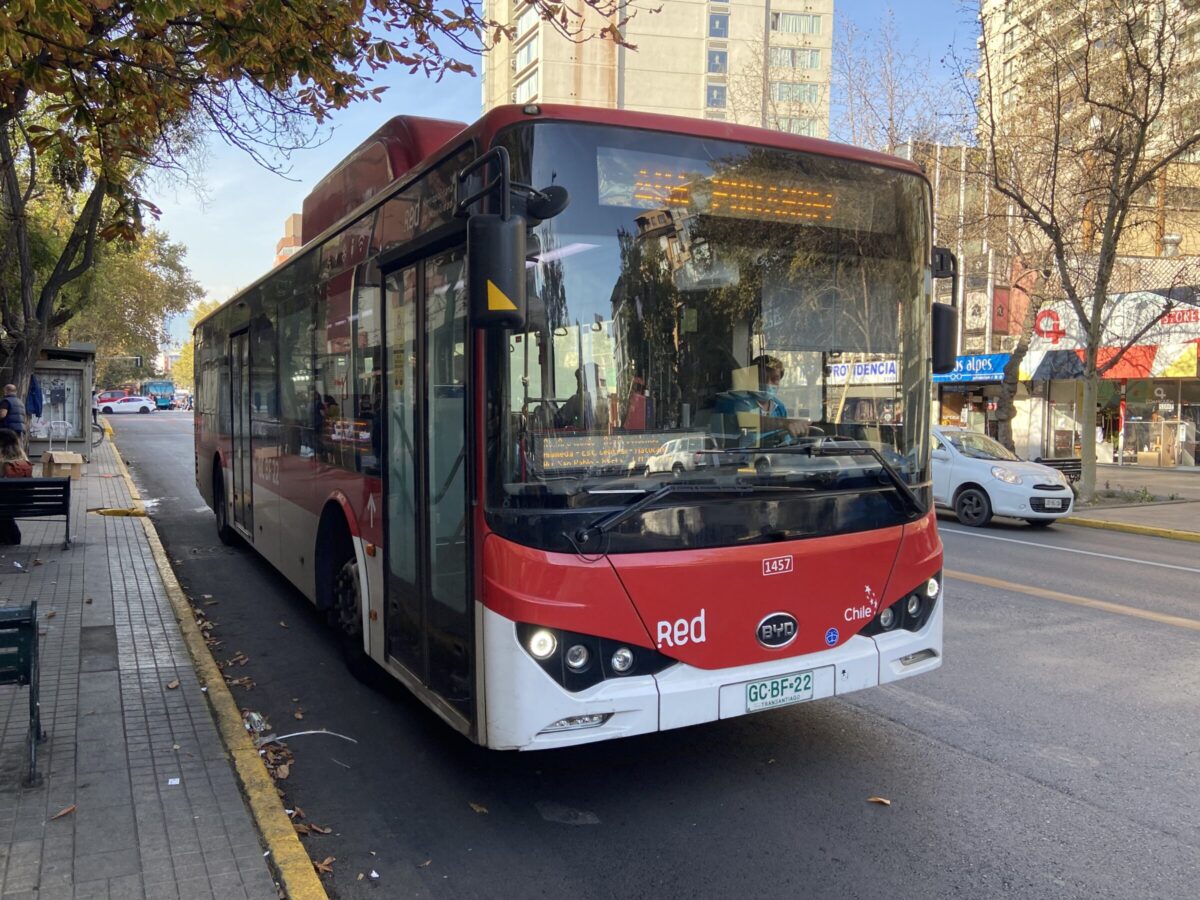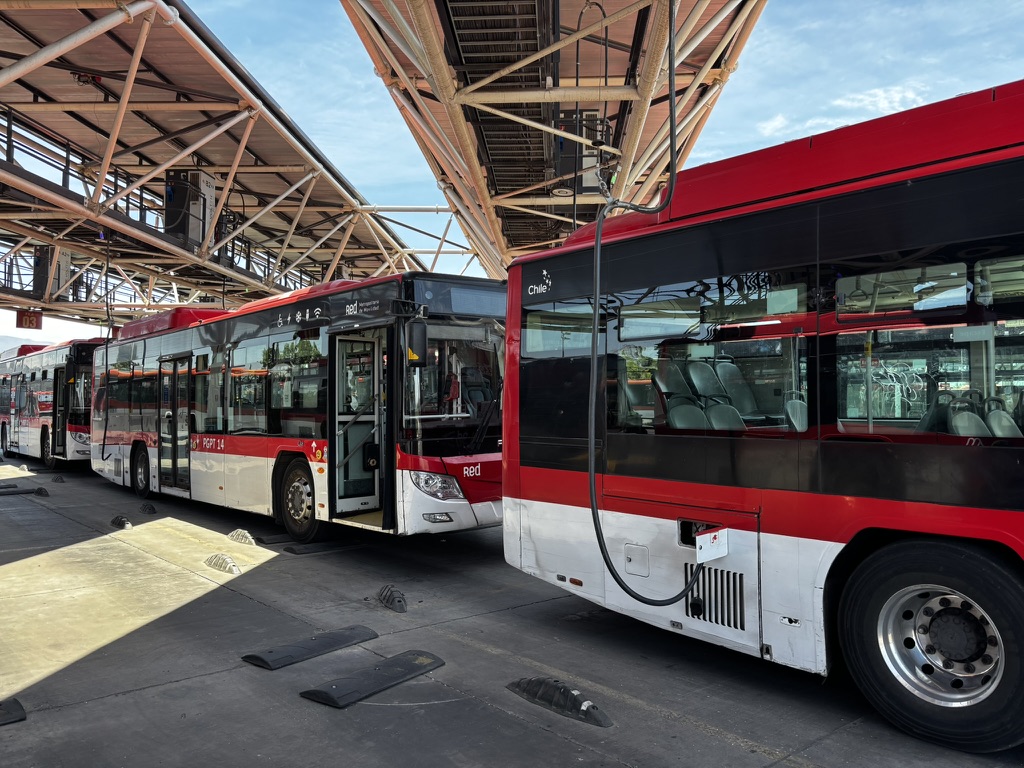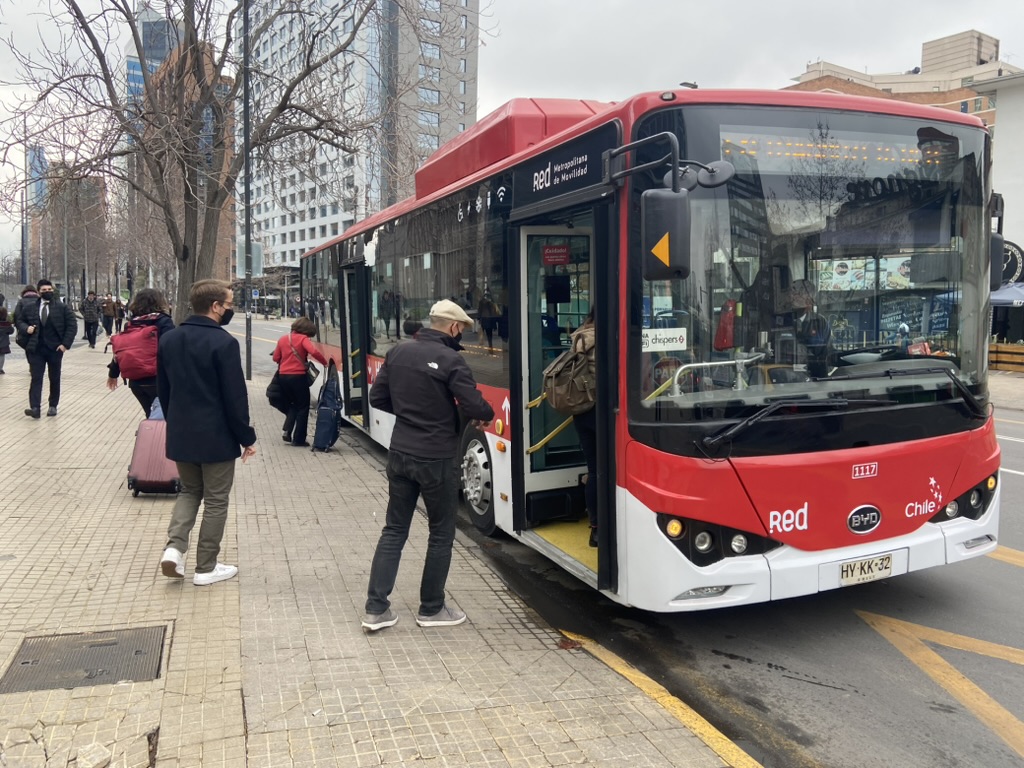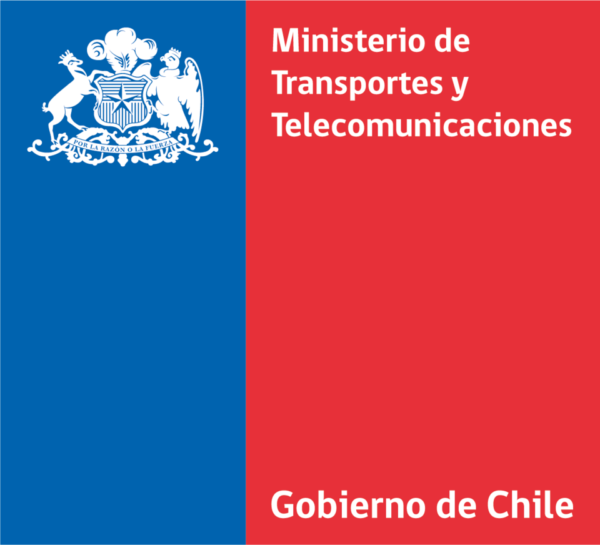Project summary
Chile is leading a major shift toward zero-emission public transport in Latin America, with Santiago at the center of this transformation. Santiago currently has the largest electric bus fleet outside of China, reflecting its commitment to sustainable urban mobility. By March 2026, 68% of the bus fleet is projected to be electrified, with the total fleet reaching approximately 4,400 buses, thanks to the addition of 1,800 new electric buses that will significantly expand the existing fleet. This initiative is part of a national commitment to decarbonize transport, improving air quality and benefiting nearly 6 million users with measurable reductions in emissions, noise, and fuel consumption.
This transition also includes the development of 29 electroterminals, modernization of service standards with improvements in accessibility and safety, and a significant decrease in the average fleet age. Furthermore, this momentum extends to small and medium-sized cities outside the Metropolitan Region, marking a milestone in sustainable urban mobility across Chile. According to the Long-Term Climate Strategy (ECLP), two key targets guide Chile’s decarbonization of public transport: from 2035 onward, all new public transport vehicles must be zero-emission—a goal that Santiago has already achieved—and by 2040, the entire national public bus fleet is expected to be fully electric.
In Collaboration with:













